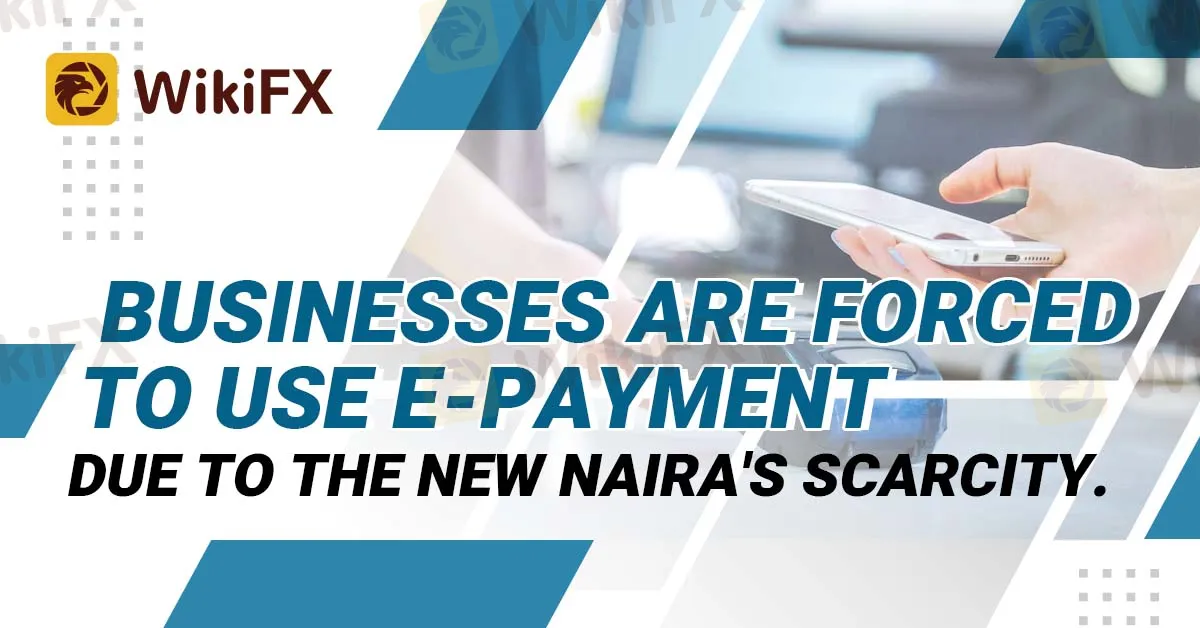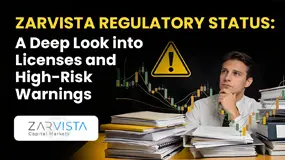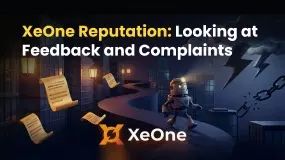Abstract:Nigerian businesses are dealing with a double blow as new naira notes are hard to come by and the old ones' expiration date approaches. Many firms have been pushed by the circumstance to choose electronic channels for transactional purposes in an effort to lessen the volume of obsolete notes coming from their clients.

Nigerian businesses are dealing with a double blow as new naira notes are hard to come by and the old ones' expiration date approaches.
Many firms have been pushed by the circumstance to choose electronic channels for transactional purposes in an effort to lessen the volume of obsolete notes coming from their clients.
The Central Bank of Nigeria (CBN) began issuing the new N200, N500, and N1,000 notes on December 15, announcing that the old notes will no longer be accepted as legal money on January 31, 2023.
But despite being in use for almost a month, the newly designed banknotes are still difficult to obtain from banks. Numerous ATMs and Point of Service (PoS) employees continue to exclusively dispense the outdated naira notes.
Some proprietors in specific regions of the nation were refusing to take the new notes due to their rarity.
Ezinne Gabriel, a store owner in Fadeyi, Lagos, stated, “I have not seen the new naira notes, even when I go to the bank or use the PoS machine, but they are stating the deadline for the usage of the old notes is imminent.”
However, in order for me to carry fewer old notes, I now prefer that my customers pay by transfer.
“Customers who come to my shop no longer pay in cash; they prefer making transfers to me,” a merchant in Apapa told BusinessDay. Before giving them my items, I always make sure I receive an alert.
The present series of N200, N500, and N1,000 notes are still considered legal tender until the deadline of January 31, 2023, the Central Bank of Nigeria (CBN) has consistently said on its verified Twitter page.
Customers should be encouraged to complete their banking transactions through alternate channels, such as online banking, mobile banking apps, USSD, cards/POS, and eNaira, it continued.
The apex bank implemented the cashless policy in 2012 with the goal of reducing the amount of cash in circulation and wasteful handling of currency.
The goal of the strategy is to promote the growth and modernization of payment systems that will enable Nigeria to compete with the world's top 20 countries.
The COVID-19 epidemic, according to a recent report from the Nigeria Inter-Bank Settlement Scheme (NIBSS), altered the e-payments landscape and sped up the adoption of quick payments as consumers shifted to using electronic channels for money transfers.
The NIBSS reports that from January to November 2022, immediate payment transactions totaled N311.81 trillion and point-of-sale transactions totaled N6.85 trillion, showing a significant surge in digital payments in the nation.
The value of instant payment transactions increased to N32.8 trillion in September 2022 from N23.5 trillion in September 2021, a 39.5 percent rise.
The amount for October was N34.5 trillion, up 42% from N24.3 trillion in the corresponding month of 2021.
According to NIBSS data, instant payment transactions surged to N38.9 trillion, up 50% from N25.9 trillion in November 2021.
Many of the new naira notes were brought in by travelers from the Federal Capital Territory and other regions of the country who returned home for the holiday season, but some business owners in the South East are refusing to take them.
The owner of the store refused to take the new N500 note when one of our correspondents attempted to make a transaction with it in the Agwuata neighborhood of Anambra State.
Adaku Okafor, 45, a cassava processor in the Ihie region of Abia State, claimed that since the new notes' introduction, she had not used them in any of her commercial dealings.
I haven't seen the money yet; in this village and the nearby settlements where I conduct business, we continue to use the previous notes; the new notes are not visible anywhere.
Since it's not commonplace here and may use up all of my cash, I won't even take the money when it's handed to me. I have no idea when the notes will start to circulate here, she stated.
Emmanuel Chikeziri, a local, said he is interested in seeing the new notes but won't take them because they could not be useful right away.
No one in this village is familiar with the new notes; despite the government having set a deadline for the removal of the money from the streets, he said, “We are still buying and selling using the old notes, which are still very valuable to us here.” Another trader and farmer, who went by the name Chinyere, stated, “I won't accept the money, until you give it to me for free. She continued, ”I can't accept it because nobody here will accept it.
Petty merchant Beatrice Ezennaya in Bwari, Abuja, claimed to not have yet received the new notes. We are still using the old notes because there aren't many fresh ones available in this area. My consumers continue to use the old notes to make purchases.
The Senate has recommended the CBN to delay the old currency's withdrawal date from January 31, 2023, to June 31, in order to spare Nigerians from impending hardship, particularly those who reside in rural regions who may find it extremely difficult to acquire the new currency.
The CBN seeks to support the expansion of electronic payments by consistently providing consumers with competitive services and fostering industry innovation, all the while supporting Nigeria's economic development.
According to the apex bank's Payment System Vision (PSC) 2025 document, by 2025, “the government aspired to establish a cashless and efficient electronic payment system infrastructure that would facilitate financial services in all sectors of the economy.”
Electronic payment volume and value have both increased significantly. Contactless payments, big data and open banking, artificial intelligence, and other projects are highlighted in PSV 2025, which outlines the industry's plan for the following two years and will further propel digital innovations and electronic payments in Nigeria.










